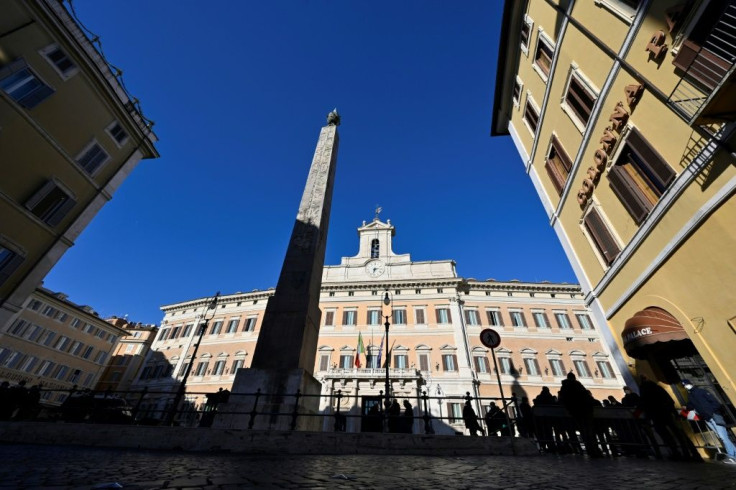What Italy Easter Coronavirus Lockdown Means For Restaurants, Other Sectors
Italy will be going into another lockdown amid the growing number of positive COVID-19 cases across the country.
Starting Monday, half of Italy’s regions, including cities like Venice, Rome, and Milan, will be under new coronavirus restrictions, CNN reports. However, any region that reports over 250 COVID-19 cases per 100,000 residents weekly will automatically be forced into lockdown.
On Friday, Italian Prime Minister Mario Draghi stated the “measures are necessary to avoid a deterioration that would make even more stringent measures inevitable.”
During the shutdown, all schools and non-essential shops in regions considered “red zones” will be closed.
“I am aware that today’s measures will have consequences on children’s education, on the economy, and also on the psychological state of us all,” Draghi said.
The country sets restrictions based on a color-code system of white, yellow, orange, and red, with the latter symbolizing the highest number of infections. Residents will be required to stay at home unless they are leaving for health reasons or work.
Meanwhile, restaurants and bars will be open but can only offer customers take-away service or delivery.
The coronavirus restrictions will be in place until April 6. However, during Easter weekend, from April 3 to April 5, the entire country will become a “red zone” and go into a national lockdown.
On Friday, Italy hit a reported 3,175,807 coronavirus cases. according to Axios.
Italy’s health agency recently approved the Johnson & Johnson single-dose vaccine to be used across the country. Vaccination shots are expected to begin in April.
By September, Draghi is hoping to have at least 80% of the country vaccinated. Italy went into its first lockdown in March 2020, which lasted until May. Since then, Italy has had regional lockdowns across the country.

© Copyright IBTimes 2024. All rights reserved.








